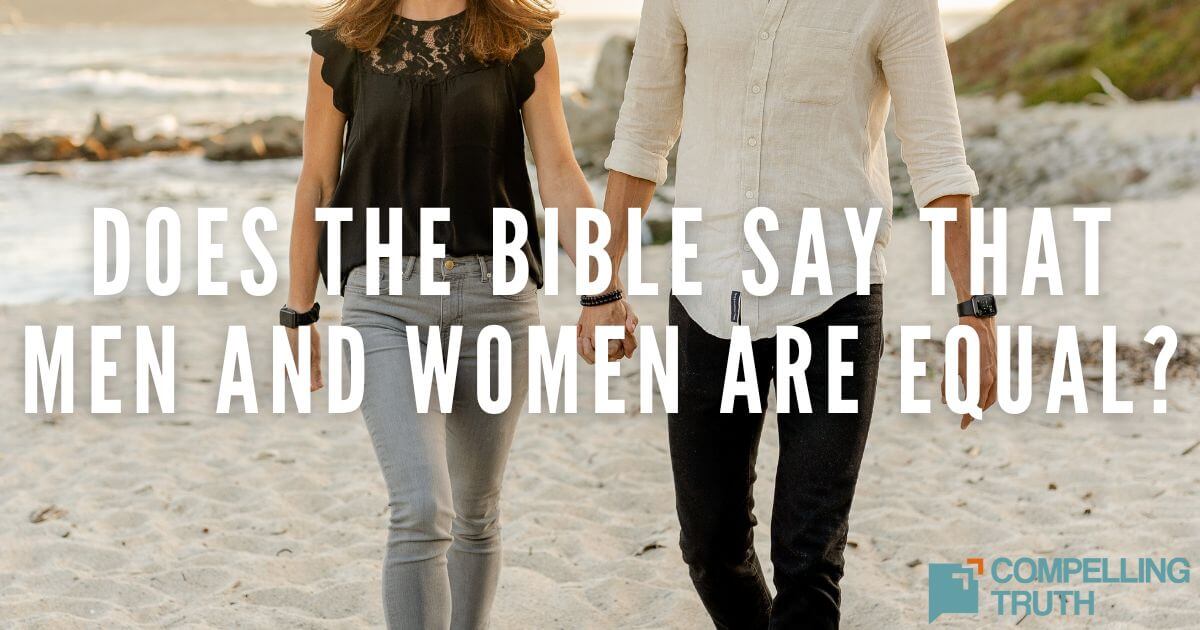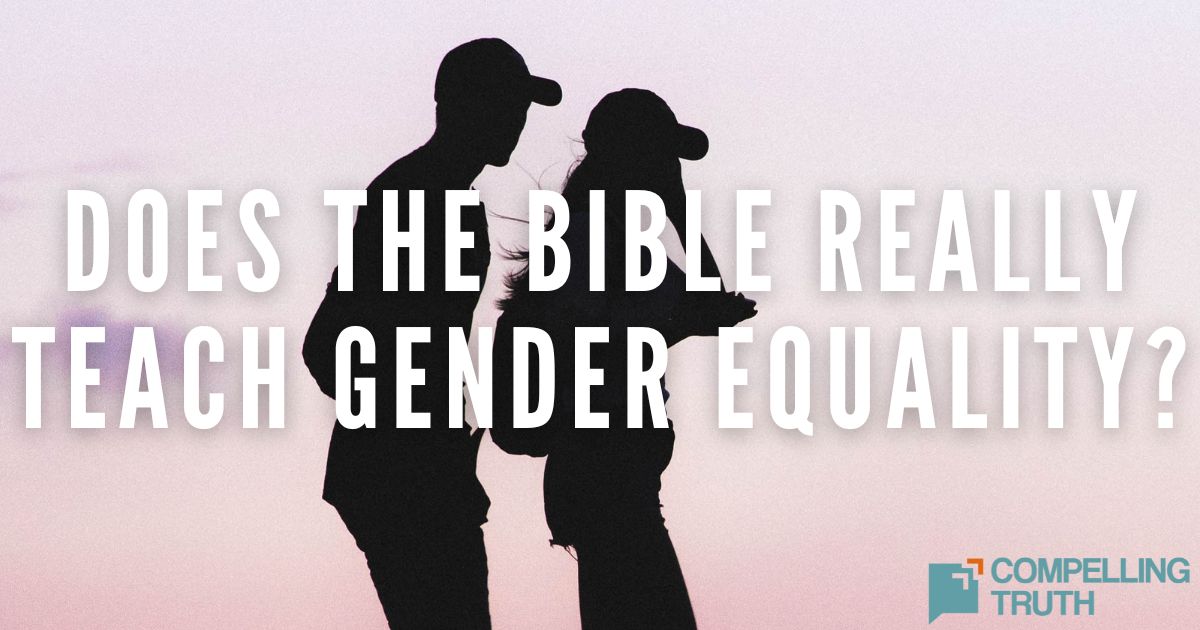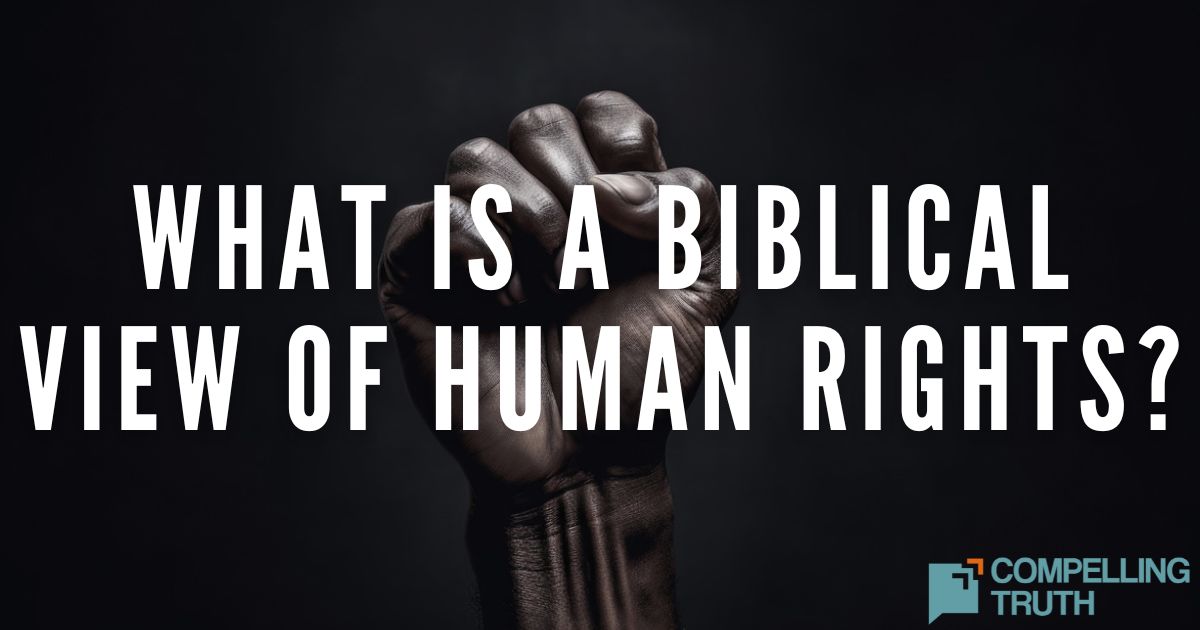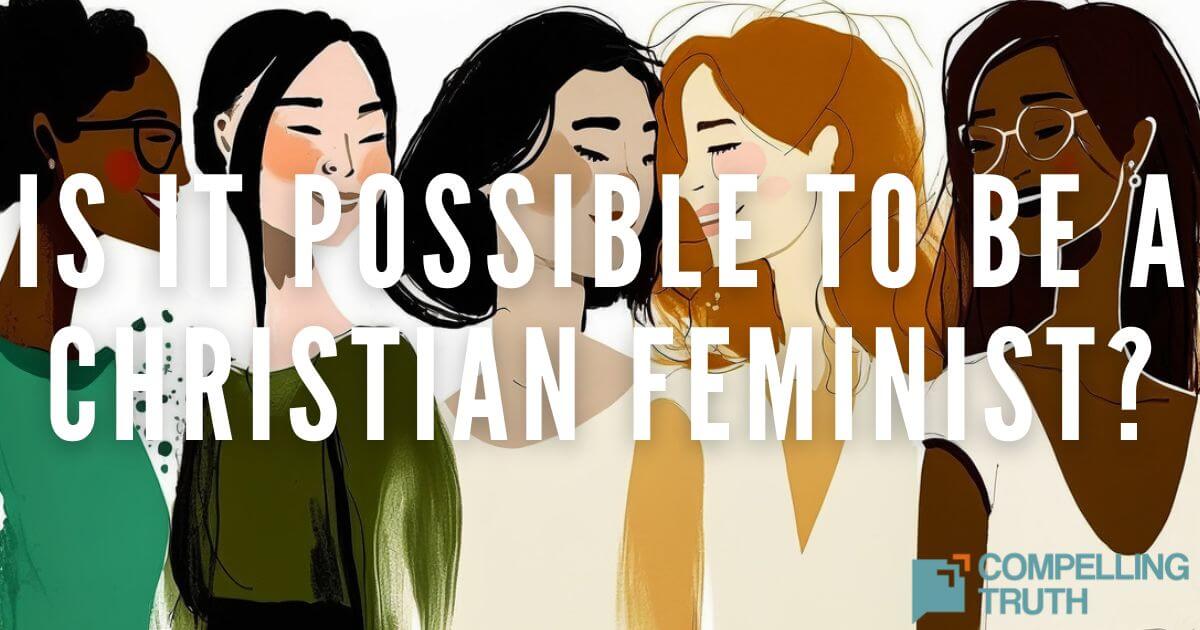From creation to Christ’s ministry, the Bible consistently affirms the equal worth of men and women while recognizing their unique, God-given roles. In the Old Testament, God set His people apart from pagan cultures by protecting women through laws that upheld justice and dignity. Proverbs honors women as symbols of wisdom and portrays them as capable, industrious, and strong. Jesus further revealed God’s heart for women by welcoming them into His ministry, showing them compassion, and choosing them as the first witnesses of His resurrection. The New Testament declares that men and women are “one in Christ,” united in spiritual equality and purpose. While some have twisted Scripture to justify mistreatment, God’s design has always been for women to be honored and loved with Christlike care. True biblical equality celebrates partnership, respect, and the shared mission of men and women to glorify God together.
God provides guidelines and examples throughout the Bible to show that He believes women and men are different from each other but equal in value to Him. Some people debate whether the Bible has caused women to be treated unfairly or has been a proponent of women's freedom and equality. Unfortunately, in many cultures, women have been treated as inferior to men, at times because people misinterpreted and misapplied from the Bible.
But according to what the Bible actually teaches, (1) God’s original design was for men and women to be equal in each others’ eyes but the fall upset this balance, (2) God personally sees men and women as equal in worth thought created uniquely and(3) as clearly laid out by God’s word, God desires for women to be treated with honor and agape love.
The equality of women in the Bible differs from the modern-day women's rights movement. That movement often takes anti-biblical stances like promoting abortion, devaluing women who prioritize family over career, and encouraging sexual activity outside of marriage. Simply put, God-given rights to women are not intended to be twisted in unbiblical ways. Instead, following God’s ways upholds the rights of women and restores the balance He intended from creation—where women are honored, protected, and valued as equal partners in reflecting His image. True biblical equality celebrates the unique strengths of both men and women, uniting them in purpose to serve God and one another in love.




